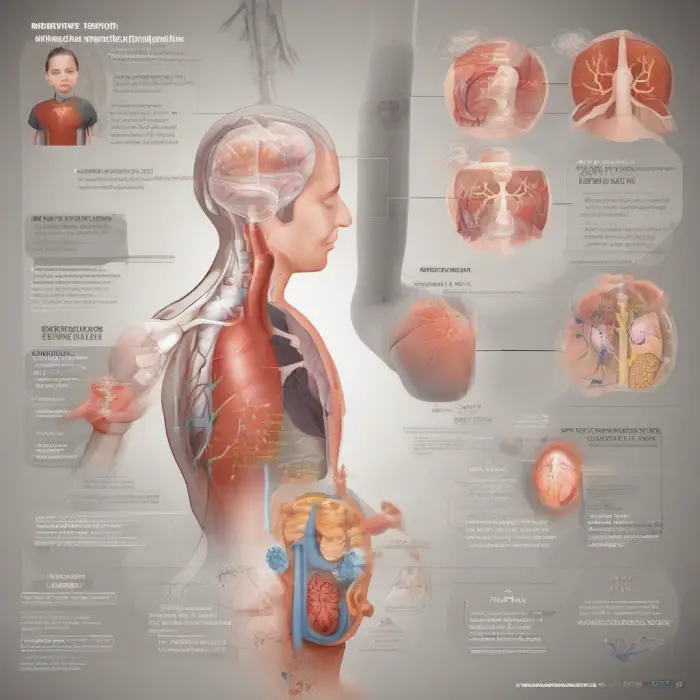The Role of Technology in Education Transformation
In the 21st century, technology plays a significant role in many areas, and education is no exception. Technology profoundly impacts education, causing a transformative shift in many facets of the learning process. Today, classrooms are equipped with sophisticated tools and resources that redefine our conventional understanding of learning. They facilitate seamless communication, effective content delivery, and improved assessment processes. Let's examine the role of technology in transforming education.
Student Engagement and Motivation
Technology can enhance student engagement and motivation. Interactive tools such as iPads, interactive whiteboards, and educational websites can cultivate interest and maintain a high level of enthusiasm amongst students. Online games and digital simulations can create a captivating learning environment where learning becomes an enjoyable experience rather than a tedious task.
Improved Accessibility and Flexibility
Digital advancements have also eliminated geographical and time constraints. E-Learning tools and online courses have democratized education, ensuring it is accessible to anyone, anywhere. With the help of technology, lessons can be instantly accessed at any time, which provides great flexibility. It also facilitates remote learning, making education feasible for those in remote areas or those who cannot attend traditional classrooms due to various reasons.
Personalized Learning
With the advent of adaptive learning technologies, personalized learning is now achievable. Every learner has a unique set of needs, strengths, and weaknesses, making one-size-fits-all education ineffective. Technology can tailor educational content to address individual learning styles and pace, thereby improving learning outcomes. This personalisation can ultimately foster self-paced and competency-based education.
Collaborative Learning
Collaborative tools like Google Docs, digital bulletin boards, and project management apps encourage students to work together, fostering a sense of community. They support peer interaction, feedback, and cooperation, which are integral components of effective learning.
Improved Assessment and Feedback
Technology simplifies and improves assessment. It allows educators to track and measure students' progress in real-time, enabling the immediate identification of gaps in learning. This immediate feedback can enhance both teaching and learning effectiveness. Online quizzes, surveys, and interactive tests provide insights into individual performance and comprehensive data analysis, offering a more objective, precise, and efficient assessment process.
Future-Proof Skills
Apart from academic knowledge, it's critical to equip students with skills relevant to the digital age. From coding to digital literacy and online etiquette, technology integration in education helps prepare students for the future workforce, where tech proficiency will be a significant demand.
In conclusion, technology plays a chief role in transforming education to align with the digital age. It significantly impacts teaching methods, learning tools, assessment processes, and the overall quality of education. The role of technology in education is constantly evolving, marking an exciting trajectory for the future of learning.










